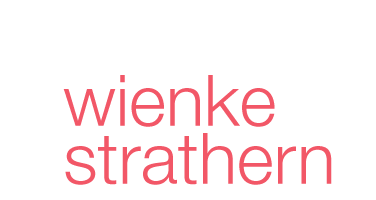
14 Jun Online-Offline Spillovers – Potential real-world implications of online manipulation
Jürgen Pfeffer, Matthias Uhl, Gari Walkowitz, Wienke Strathern
This project analyzes the previously unexplored questions of whether people’s online behavior spills over to their behavior in the offline world and what mediates the respective effects.
Employing a two-stage experimental setup, we first use field experiments on social media for online manipulations of our study participants. Second, we study the potential spillovers to our participants’ offline behavior in a laboratory setting. Specifically, we investigate whether attention from others on social media leads to a polarization of people’s political opinions and erodes their commitment to truth. We hypothesize that the treatment group receiving a relatively high levels of attention on social media will show more polarized profiles of political opinions.


Sorry, the comment form is closed at this time.